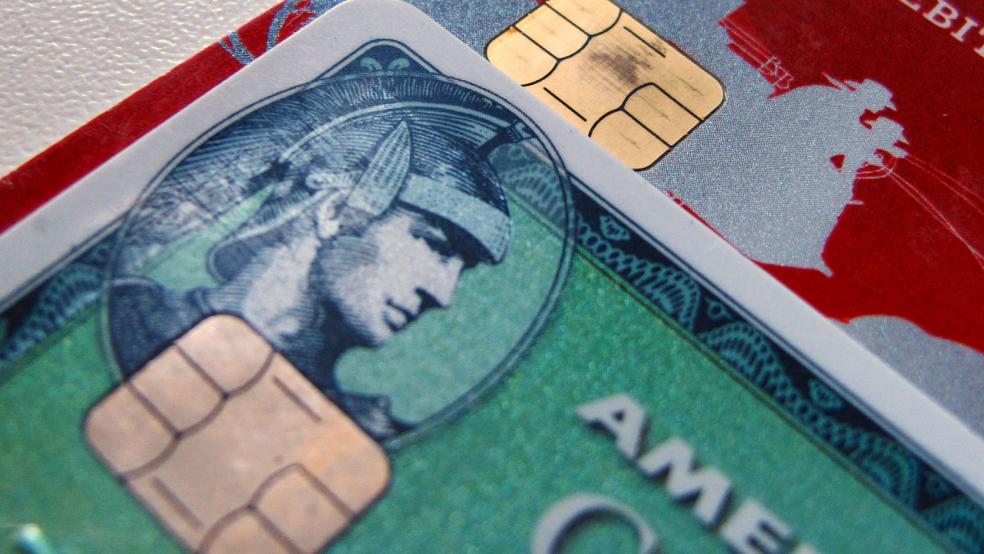Consumers saved billions of dollars in credit card fees over four years because of reforms implemented after the financial crisis, according to a new government report.
The Consumer Financial Protection Bureau study found that consumers would have paid $16 billion in additional fees from 2011 through 2014 if the Credit Card Accountability Responsibility and Disclosure (CARD) Act of 2009 hadn’t been enacted.
Designed to make credit card practices fairer and more transparent, the CARD act capped fees or conditioned how they were assessed; set rules on interest-rate increases; and limited marketing to young adults, among other changes. It went into effect in 2010.
Related: Why Millions of Millennials Can’t Get Credit Cards
Over-the-limit fees, charged when consumers exceed their credit limit, are almost non-existent now, the report found. In 2015, only 0.0008 percent of active accounts were charged an over-the-limit fee. In 2008, the rate was near 7 percent. The amount of savings to consumers: $9 billion.
The average late fee has also declined to an average of $27 in 2015 from $35 in 2008. That has saved consumers $7 billion.
The agency also found that limits placed on interest-rate increases have largely been successful. In 2008, 8 percent of open credit cards experienced a rise in interest rates. In 2014, the rate was 1.8 percent.
The CFPB report also looked at the overall state of the credit card market and found several positive trends unrelated to the CARD act, such as slightly lower interest rates and free access to credit scores.
Related: Your Credit Card Is Getting an Upgrade. Are You Ready?
The availability of credit has increased 10 percent, with credit card accounts growing by 3 percent in each of the last two years, the report found. The way consumers are getting new cards is also shifting, with two-thirds of consumers now applying for cards online.
The CFPB report cites additional practices of concern that the act did not address. Those include deferred interest, high rates on subprime credit cards, rewards programs that aren’t fully transparent, and confusing credit card agreements.





